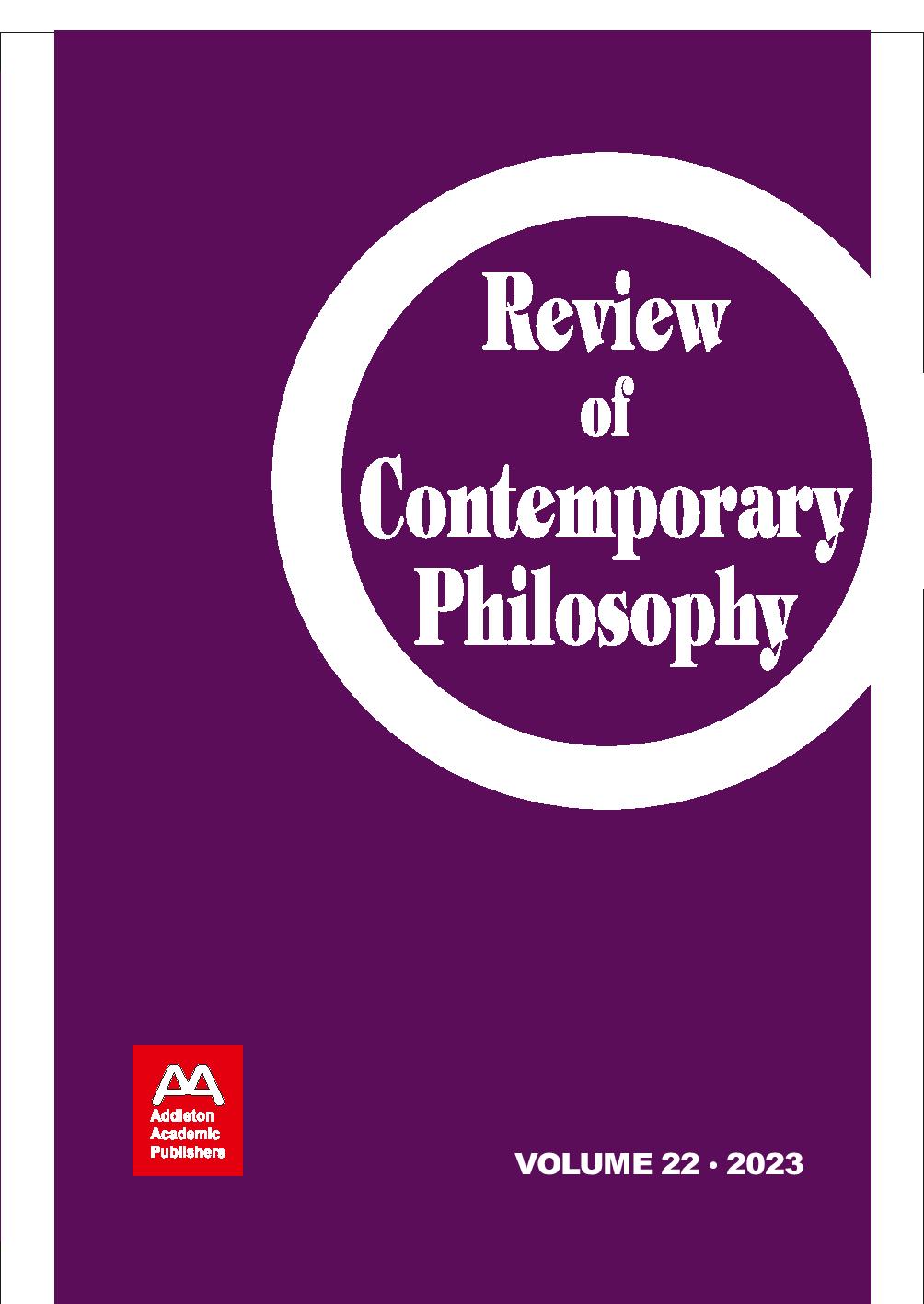Holographic Telepresence and Digital Twin Simulation Technologies, 3D Virtual Space Networking and Machine Learning-based Image Recognition Tools, and Environment Mapping and Cognitive Artificial Intelligence Algorithms in a Fully Connected Metavers
Holographic Telepresence and Digital Twin Simulation Technologies, 3D Virtual Space Networking and Machine Learning-based Image Recognition Tools, and Environment Mapping and Cognitive Artificial Intelligence Algorithms in a Fully Connected Metavers
Author(s): Rebecca SullivanSubject(s): ICT Information and Communications Technologies
Published by: Addleton Academic Publishers
Keywords: holographic telepresence; digital twin simulation technologies; 3D virtual space networking; machine learning; image recognition tools; environment mapping;
Summary/Abstract: In this article, I cumulate previous research findings indicating that deep learning-based ambient sound processing, spatial audio and edge computing technologies, and event modeling and forecasting tools configure hyper-realistic 3D worlds. I contribute to the literature on context awareness and simulation modeling algorithms, image recognition and cognitive enhancement technologies, and data visualization and virtual navigation tools by showing that the virtual environment of the metaverse integrate modeling and forecasting tools, spatio-temporal fusion and deep learning algorithms, and predictive modeling processes. Throughout May 2023, I performed a quantitative literature review of the Web of Science, Scopus, and ProQuest databases, with search terms including “a fully connected metaverse” + “holographic telepresence and digital twin simulation technologies,” “3D virtual space networking and machine learning-based image recognition tools,” and “environment mapping and cognitive artificial intelligence algorithms.” As I inspected research published in 2022 and 2023, only 183 articles satisfied the eligibility criteria. By eliminating controversial findings, outcomes unsubstantiated by replication, too imprecise material, or having similar titles, I decided upon 35, generally empirical, sources. Data visualization tools: Dimensions (bibliometric mapping) and VOSviewer (layout algorithms). Reporting quality assessment tool: PRISMA. Methodological quality assessment tools include: AXIS, Dedoose, ROBIS, and SRDR.
Journal: Review of Contemporary Philosophy
- Issue Year: 2023
- Issue No: 22
- Page Range: 119-136
- Page Count: 18
- Language: English
- Content File-PDF

